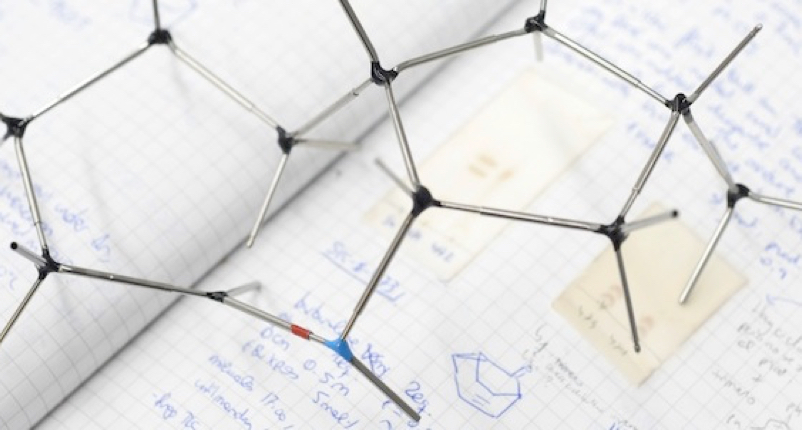Impaired conjugation boosts CO2 electroreduction by Ni(ii) macrocyclic catalysts immobilized on carbon nanotubes
Metal complexes hybridized with conductive supports are desirable as high-performance catalysts for CO2 electroreduction, while the delicate molecular design to improve both the intrinsic activity of complex and the molecule-support interactions still remains challenging. We here employ a conjugation-tuning strategy by comparison between Ni(ii) octabutoxyphthalocyanine and Ni(ii) octabutoxynaphthalocyanine on multi-walled carbon nanotubes (NiPc-B@CNT and NiNc-B@CNT) in aqueous electrocatalytic CO2 reduction, respectively. In contrast to the conventional promotive effects from extended conjugation, the impaired conjugation in the Ni(ii) macrocycles unusually boosts both activity and molecule-support affinity. These merits can be attributed to the favored electronic effects and the higher flexibility of long alkyl chains both arising from the absent extended benzene ring in NiPc-B. Consequently, NiPc-B@CNT exhibits much higher faradaic efficiencies for CO production (FECO >= 94% among -0.79 to -1.09 V vs. RHE) than NiNc-B@CNT (FECO < 20%) in an H-cell configuration. The use of a gas-diffusion electrode further raises the electrocatalytic performances of NiPc-B@CNT under 1 atm CO2 (FECO asymptotic to 100% at -0.15 A cm(-2)) or simulated flue gas (10% CO2, FECO &asymptotic to 80% at -0.1 A cm(-2)), respectively.

Huang, YJ; Dai, H; Moonshiram, D; Li, ZF; Luo, ZM; Zhang, JH; Yang, WX; Shen, Y; Wang, JW; Ouyang, GF
J. Mater. Chem. A 2023, 11, (6), 2969-2978
DOI:
10.1039/d2ta08781b

Let's create a brighter future
Join our team to work with renowned researchers, tackle groundbreaking
projects and contribute to meaningful scientific advancements


















